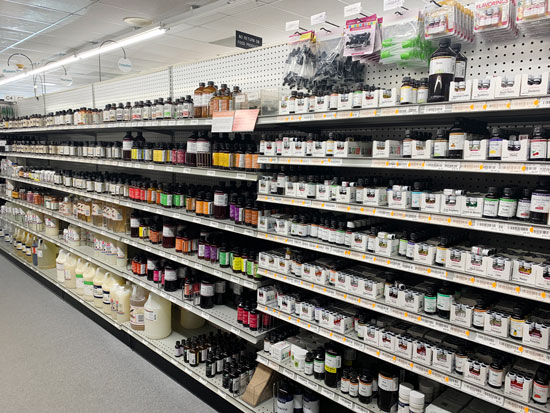Is Real or Artificial Flavoring Better?
The debate between real and artificial flavorings centers around the source of the flavors used in food products. Real flavorings are derived from natural sources and are obtained through processes like extraction, distillation, or infusion. They often provide a more authentic and nuanced flavor profile.
Artificial flavorings, on the other hand, are created in a lab and attempt to mimic natural flavors. While artificial flavorings can offer a consistent flavor experience and lower prices, some argue that they may lack the depth of real flavors. The choice between real and artificial flavorings ultimately depends on personal preference and dietary considerations.
Do Flavorings Go Bad?
According to LorAnn, a trusted name in flavorings, if stored properly, most flavors should last several years. Citrus oils degrade more quickly, but can be refrigerated to extend shelf life. If your essential oils or flavors look cloudy, have an off smell, or lose their intense aroma, it’s time to buy new.
How Do You Store Flavorings?
Flavorings are typically sensitive to heat, light, and air exposure, which can accelerate flavor deterioration. To maximize shelf life, store these products in cool, dark places, away from direct sunlight and heat sources. Ensure that containers are tightly sealed to prevent air exposure.
What Flavorings are Available?
Country Kitchen SweetArt is your flavoring headquarter. We carry over 300 flavorings! From popular flavors like almond and vanilla to unique flavors like carrot cake and banana cream pie, we have you covered.
Shop our huge selection of flavorings!
